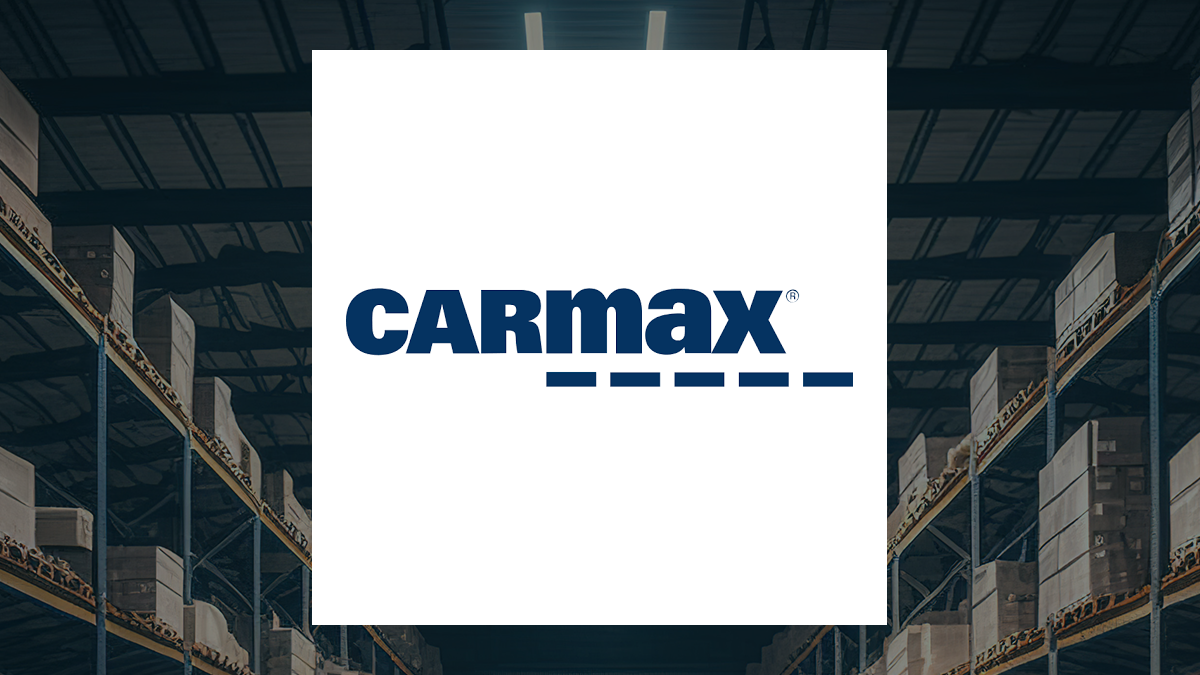Lazydays (NASDAQ:GORV – Get Free Report) and CarMax (NYSE:KMX – Get Free Report) are both consumer discretionary companies, but which is the superior business? We will compare the two businesses based on the strength of their valuation, profitability, earnings, dividends, institutional ownership, analyst recommendations and risk.
Analyst Ratings
This is a breakdown of current ratings and target prices for Lazydays and CarMax, as provided by MarketBeat.
| Sell Ratings | Hold Ratings | Buy Ratings | Strong Buy Ratings | Rating Score | |
| Lazydays | 0 | 2 | 0 | 0 | 2.00 |
| CarMax | 2 | 5 | 6 | 0 | 2.31 |
Lazydays currently has a consensus target price of $2.00, indicating a potential upside of 37.93%. CarMax has a consensus target price of $76.25, indicating a potential upside of 1.40%. Given Lazydays’ higher probable upside, equities research analysts clearly believe Lazydays is more favorable than CarMax.
Profitability
| Net Margins | Return on Equity | Return on Assets | |
| Lazydays | -18.19% | -35.04% | -6.55% |
| CarMax | 1.55% | 6.64% | 1.48% |
Institutional & Insider Ownership
89.7% of Lazydays shares are held by institutional investors. 61.5% of Lazydays shares are held by insiders. Comparatively, 1.7% of CarMax shares are held by insiders. Strong institutional ownership is an indication that endowments, hedge funds and large money managers believe a company is poised for long-term growth.
Valuation and Earnings
This table compares Lazydays and CarMax”s top-line revenue, earnings per share (EPS) and valuation.
| Gross Revenue | Price/Sales Ratio | Net Income | Earnings Per Share | Price/Earnings Ratio | |
| Lazydays | $987.99 million | 0.02 | -$110.27 million | ($9.62) | -0.15 |
| CarMax | $25.96 billion | 0.45 | $479.20 million | $2.56 | 29.38 |
CarMax has higher revenue and earnings than Lazydays. Lazydays is trading at a lower price-to-earnings ratio than CarMax, indicating that it is currently the more affordable of the two stocks.
Volatility & Risk
Lazydays has a beta of 1.99, meaning that its stock price is 99% more volatile than the S&P 500. Comparatively, CarMax has a beta of 1.69, meaning that its stock price is 69% more volatile than the S&P 500.
Summary
CarMax beats Lazydays on 10 of the 14 factors compared between the two stocks.
About Lazydays
 Lazydays Holdings, Inc. operates recreational vehicle (RV) dealerships under the Lazydays name in the United States. The company offers RV sales, RV-repair and services, financing and insurance products, third-party protection plans, and after-market parts and accessories. It also operates the Lazydays RV resort at Tampa, Florida. The company was founded in 1976 and is based in Tampa, Florida.
Lazydays Holdings, Inc. operates recreational vehicle (RV) dealerships under the Lazydays name in the United States. The company offers RV sales, RV-repair and services, financing and insurance products, third-party protection plans, and after-market parts and accessories. It also operates the Lazydays RV resort at Tampa, Florida. The company was founded in 1976 and is based in Tampa, Florida.
About CarMax
 CarMax, Inc., through its subsidiaries, operates as a retailer of used vehicles and related products in the United States. It operates in two segments: CarMax Sales Operations and CarMax Auto Finance. The CarMax Sales Operations segment offers customers a range of makes and models of used vehicles, including domestic, imported, and luxury vehicles, as well as hybrid and electric vehicles; used vehicle auctions; extended protection plans to customers at the time of sale; and reconditioning and vehicle repair services. The CarMax Auto Finance segment provides financing alternatives for retail customers across a range of credit spectrum and arrangements with various financial institutions. The company was founded in 1993 and is based in Richmond, Virginia.
CarMax, Inc., through its subsidiaries, operates as a retailer of used vehicles and related products in the United States. It operates in two segments: CarMax Sales Operations and CarMax Auto Finance. The CarMax Sales Operations segment offers customers a range of makes and models of used vehicles, including domestic, imported, and luxury vehicles, as well as hybrid and electric vehicles; used vehicle auctions; extended protection plans to customers at the time of sale; and reconditioning and vehicle repair services. The CarMax Auto Finance segment provides financing alternatives for retail customers across a range of credit spectrum and arrangements with various financial institutions. The company was founded in 1993 and is based in Richmond, Virginia.
Receive News & Ratings for Lazydays Daily - Enter your email address below to receive a concise daily summary of the latest news and analysts' ratings for Lazydays and related companies with MarketBeat.com's FREE daily email newsletter.
